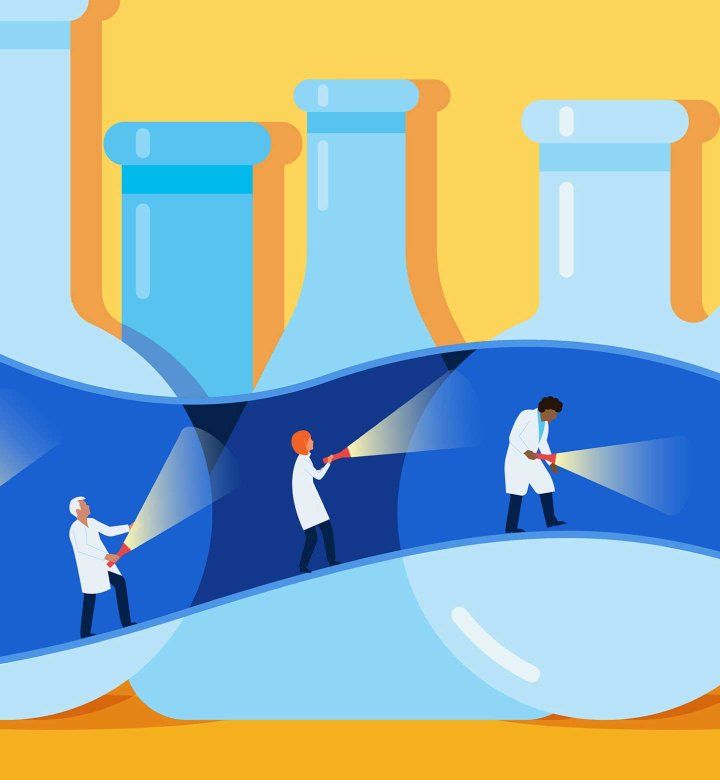By Levi Gadye – University of California San Francisco –
Aging is particularly harsh on the hippocampus, the brain region responsible for learning and memory.
Now, researchers at UC San Francisco have identified a protein that’s at the center of this decline.
They looked at how the genes and proteins in the hippocampus changed over time in mice and found just one protein that differed between old and young animals. It’s called FTL1. Old mice had more FTL1, as well as fewer connections between brain cells in the hippocampus and diminished cognitive abilities.
When the researchers artificially increased FTL1 levels in young mice, their brains and behavior began to resemble that of old mice. In experiments in petri dishes, nerve cells engineered to make lots of FTL1 grew simple one-armed neural wires, or neurites, rather than the branching neurites that normal cells create.




